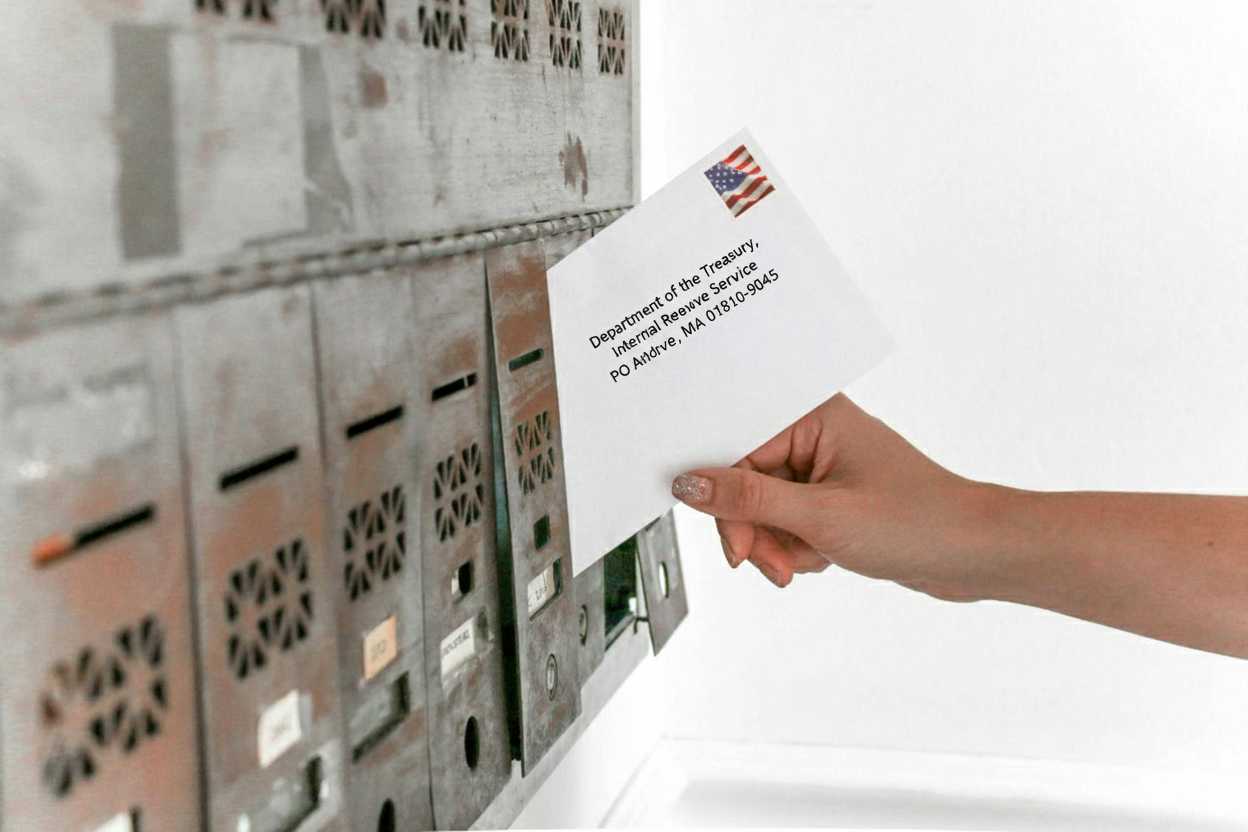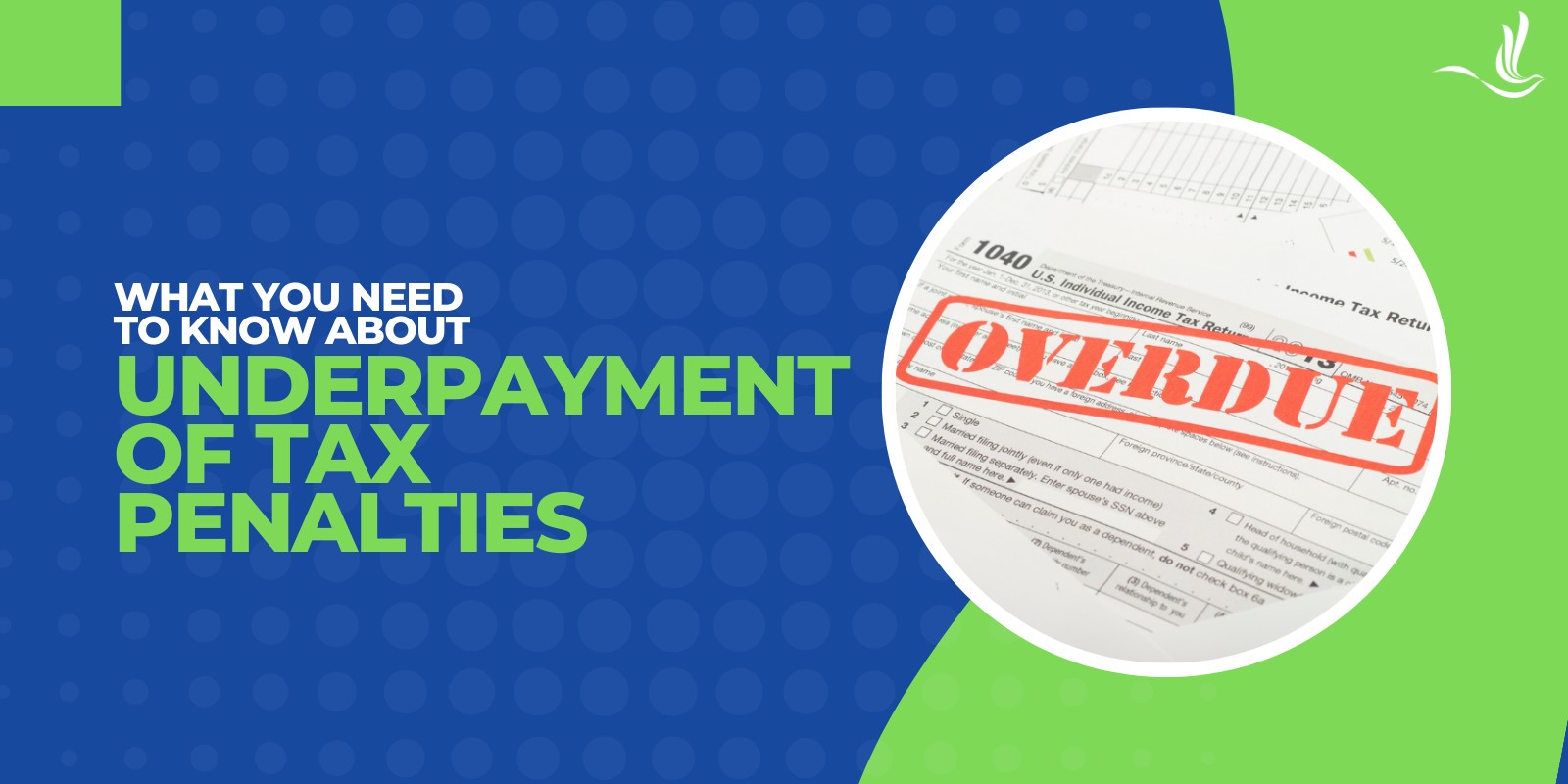In Washington, Gov. Bob Ferguson (D) will soon have to act on legislation enacting a far more sweeping taxA tax is a mandatory payment or charge collected by local, state, and national governments from individuals or businesses to cover the costs of general government services, goods, and activities.
on Washington-based businesses than lawmakers imagined. If signed into law, it could impose Washington’s high-rate sales taxA sales tax is levied on retail sales of goods and services and, ideally, should apply to all final consumption with few exemptions. Many governments exempt goods like groceries; base broadening, such as including groceries, could keep rates lower. A sales tax should exempt business-to-business transactions which, when taxed, cause tax pyramiding.
on all worldwide digital advertising purchased by Washington-based businesses.
Combined state and local sales tax rates run 10.35 percent in Seattle, 10.3 percent in Redmond, and 10.2 percent in Bellevue, cities that host an array of large tech companies that advertise worldwide. Under the plain language of SB 5814, they would pay 10.2 percent or more on every dollar they spend on digital advertising across the world, but could avoid the entirety of that tax if able to shift their primary location out-of-state.
Among other things, SB 5814 reclassifies digital advertising as a retail transaction rather than a digital automated service (DAS). This subjects digital advertising to the sales tax, which is imposed at a 10.35 percent combined state-local rate in Seattle, while reclassifying it under the Business & Occupation (B&O) gross receipts’ 0.471 percent retailing base rate rather than the 1.75 percent services rate. Simultaneously, separate legislation tacks on an additional 0.5 percent to all B&O rates for larger businesses.
Based on the fiscal note and the limited discussion surrounding the bill, it seems likely that lawmakers anticipated some sort of allocation. The expanded sales tax baseThe tax base is the total amount of income, property, assets, consumption, transactions, or other economic activity subject to taxation by a tax authority. A narrow tax base is non-neutral and inefficient. A broad tax base reduces tax administration costs and allows more revenue to be raised at lower rates.
is projected to generate an additional $2.8 billion in fiscal year 2027, which is a large tax increase in its own right, but appears to assume a dramatically narrower base than all global digital advertising of Washington-based businesses. But an expectation is one thing. What matters is (1) what the law says and (2) what authority, if any, regulators might have to impose some method of apportionmentApportionment is the determination of the percentage of a business’ profits subject to a given jurisdiction’s corporate income or other business taxes. U.S. states apportion business profits based on some combination of the percentage of company property, payroll, and sales located within their borders.
or allocation.
Washington’s retail sales tax is destination-based, like most sales taxes. The tax is imposed where a good or service is received, or where its benefits are enjoyed. The sales tax is also, by definition, a transaction tax. It is applied on qualifying transactions involving the exchange of consideration for a thing of value.
The transacting parties are the ad buyer and the ad platform. The internet user to which the ad is served is not a party to the transaction, at least in the ordinary sense. (They may implicitly accept viewing ads as consideration for ungated content, but they were not payers for running the ad.) Furthermore, the benefit of the advertising is received by the company placing the ad, which hopes to profit by driving sales (or achieving whatever other goals undergird the ad campaign). Under ordinary sourcing rules, therefore, sales tax would be imposed where the company placing the ads is located, not where the ads are served.
That means that a company based outside of Washington would be exempt from sales tax when they serve digital ads to Washington consumers, but a company based in Washington would owe sales tax on ads served not just in Seattle, but also in San Francisco, and even São Paulo. Sourcing would be to the primary business location, or to the company’s billing address.
Washington allows multiple points of use (MPU) for the taxation of digital goods and digital automated services, but not for retail products, the classification applied to digital advertising under SB 5814. When a corporation purchases a customer relationship management (CRM) system used by its offices across the country, for instance, that’s a digital automated service, and using MPU certificates, a Washington-based company could demonstrate that a substantial share of the benefit of that CRM subscription is received in its offices out-of-state. Only the share associated with Washington-based operations would be subject to tax in Washington.
Not only does the retail classification appear to preclude the MPU approach for the sales taxation of digital advertising, but the system also wouldn’t work particularly well even if it were available. A standard multiple-points-of-use allocation would be based on the business’s other locations, not where ads are served. It might allow for the sharing of advertising costs across other offices, but a company with a large presence in Washington would still face a disproportionate burden when it advertises worldwide.
Washington’s B&O tax applies to digital advertising services, since it applies to virtually all gross receipts. These receipts are subject to single sales factor apportionment, which is also the most common approach to apportioning corporate income taxes. This avoids the possibility that the B&O could tax the entire worldwide transaction. But that’s not how the sales tax works.
Only two states include digital advertising in their consumption taxA consumption tax is typically levied on the purchase of goods or services and is paid directly or indirectly by the consumer in the form of retail sales taxes, excise taxes, tariffs, value-added taxes (VAT), or an income tax where all savings is tax-deductible.
base, and both of them—Hawaii and New Mexico—have hybrid sales-gross receipts taxes that include far more transactions than a typical sales tax and, in New Mexico’s case, have different rates on different industries.
Hawaii’s general excise taxAn excise tax is a tax imposed on a specific good or activity. Excise taxes are commonly levied on cigarettes, alcoholic beverages, soda, gasoline, insurance premiums, amusement activities, and betting, and typically make up a relatively small and volatile portion of state and local and, to a lesser extent, federal tax collections.
contains an imported services sourcing rule and an exported services exemption, and expressly allocates based on the share of ad spend in the state. (Alternatively, population share can also be used as a proxy.) In 2024, new regulations were drawn up for New Mexico’s gross receipts taxGross receipts taxes are applied to a company’s gross sales, without deductions for a firm’s business expenses, like compensation, costs of goods sold, and overhead costs. Unlike a sales tax, a gross receipts tax is assessed on businesses and applies to transactions at every stage of the production process, leading to tax pyramiding.
(the state’s primary consumption tax) to apply the tax to the global ad spend of New Mexico-based businesses. The tax does not apply to out-of-state businesses, even when they advertise in New Mexico. The law on Gov. Ferguson’s desk would presumably function like New Mexico’s new tax.
New Mexico’s gross receipts tax has long made it an unattractive place for multistate and multinational businesses, and this new rule only makes things worse. But largely because New Mexico has struggled to attract business headquarters, there are only so many companies affected by the tax’s applicability to out-of-state advertising. The state’s largest company is a fully in-state hospital system. After that comes a utility that operates in New Mexico and parts of Texas, a business-to-business manufacturer, and an asset management firm. Washington, by contrast, boasts leading tech, communications, and other companies that advertise extensively—and that would be hammered by a tax applied to all advertising, no matter where the ads were served.
If SB 5814 is signed into law, Washington’s Department of Revenue will face a conundrum. If it applies the sales tax to all worldwide advertising of Washington-based firms, it might yield nothing from an attempt to capture everything, as companies engage in costly tax planning activities in an attempt to source the placement of ads from other states. (Local businesses, meanwhile, would be in more of a bind.) And if Washington challenged this tax planning activity under its anti-tax avoidance statutes (which might be hard to do), there’s a real risk of a significant exodus, with affected companies establishing their primary business locations in other states to avoid a Washington tax on their global ad spend.
Alternatively, revenue officials could try to mitigate the damage—and avoid an all-or-nothing outcome, with an eye on generating the anticipated new revenue—by establishing some new sourcing rule, perhaps based on the share of ad spend into Washington state, with the alternative option (where data are not readily available) of using a population-ratio proxy, e.g., taxing about 2.3 percent of the amount spent on a national ad campaign. But it is far from clear that the Department of Revenue would have the authority to do this.
Adding to the complexity, Washington has a local sales tax. While collection and administration are consolidated at the state level, would companies be required to determine what share of their digital ad campaigns went into each jurisdiction? And does Washington really intend to have out-of-state companies pay sales tax on advertising contracts entered into with other out-of-state companies, with nexus and liability merely based on the fact that some of their ads were seen in Washington? Under an ordinary sales tax, what part of the actual transaction can legitimately be sourced to Washington in this instance, and how does nexus attach?
Nor are these the only issues. There’s even a question of federal law. The Internet Tax Freedom Act (ITFA) prohibits discriminatory taxes on e-commerce, preventing states from taxing the digital version of a good or service if the tangible equivalent is not taxed in like manner. Initially, SB 5814 would have captured a broader range of advertising, but as amended, it only applies to digital ads. Online advertising is taxed; billboards, print ads, and the like are not. This raises ITFA objections.
Whatever revenue officials choose, there would be pitfalls. An aggressive interpretation would hit Washington businesses incredibly hard and induce many to engage in complex tax planning or even move headquarters out-of-state to avoid a state-imposed tax on worldwide activity. Adopting an allocation regime would still leave a large tax in place while raising legal questions about taxing transactions that take place entirely out-of-state—and arguably wouldn’t be permitted by the new law anyway. And under any sourcing rules, subjecting digital advertising (and only digital advertising) to sales tax could expose the state to ITFA litigation.
Now it’s up to Gov. Ferguson to decide whether Washington really wants to navigate this minefield.
Stay informed on the tax policies impacting you.
Subscribe to get insights from our trusted experts delivered straight to your inbox.
Subscribe
Share this article




























